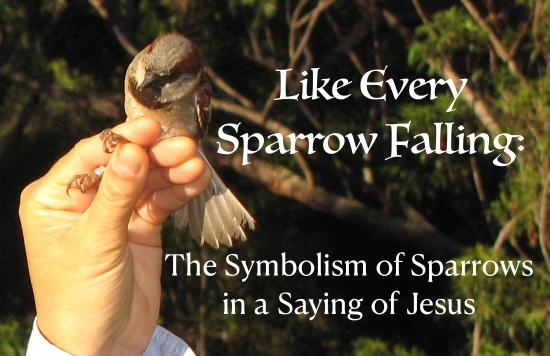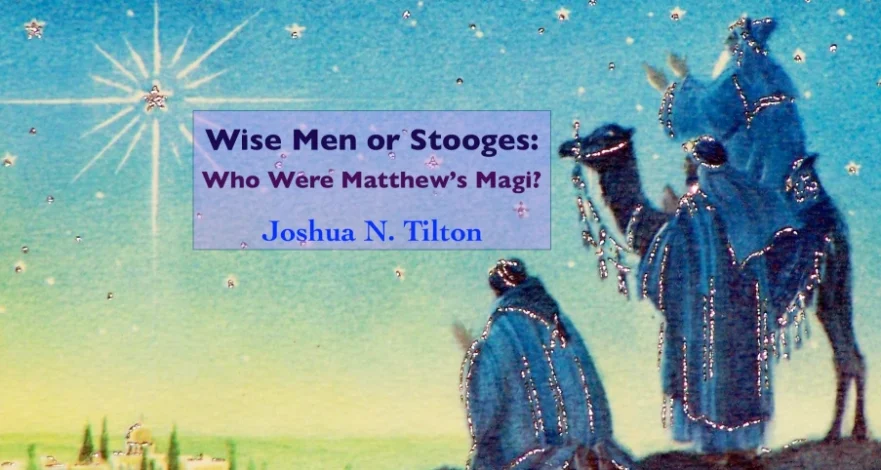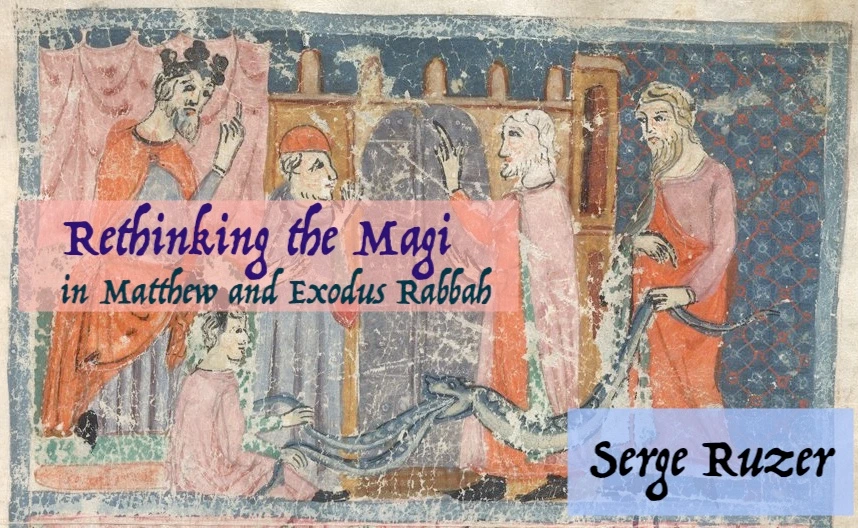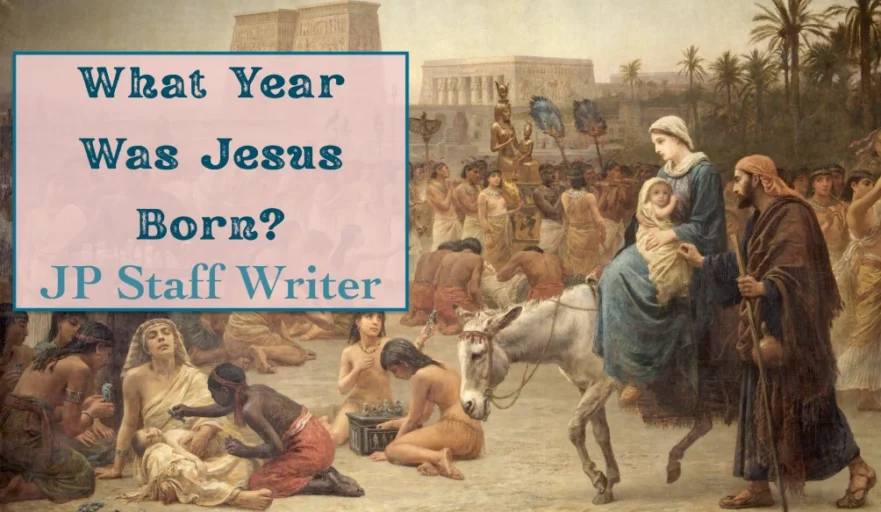Mary, the mother of Jesus, must be seen in the context of Jewish suffering.
A Jerusalem Perspective on the Magi

A new collection of articles on Matthew’s narrative of the magi. Available 7 December 2025!
The Bethlehem Stomp: A Songwriter’s Response to Matthew’s Nativity Story

Even in the ever-increasing shadows, there are cracks where light comes shining through.
‘We Hear the Christmas Angels’: Origins of Extra-Canonical Traditions in Familiar Carols

Some of the most vivid details in Christmas carols that describe Jesus’ birth cannot be found in the canonical texts.
Like Every Sparrow Falling: The Symbolism of Sparrows in a Saying of Jesus

The multivalent image of the sparrow in ancient Jewish thought made it a useful vehicle for conveying messages about human and divine relationships.






